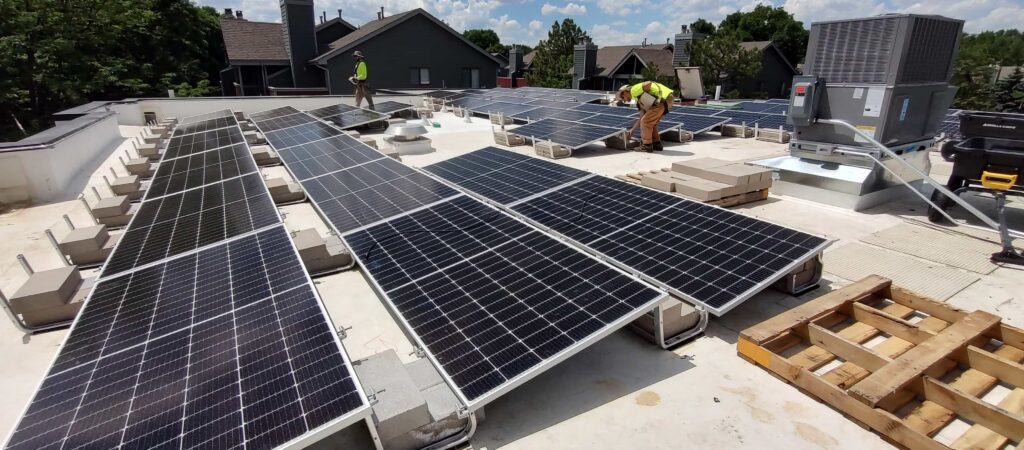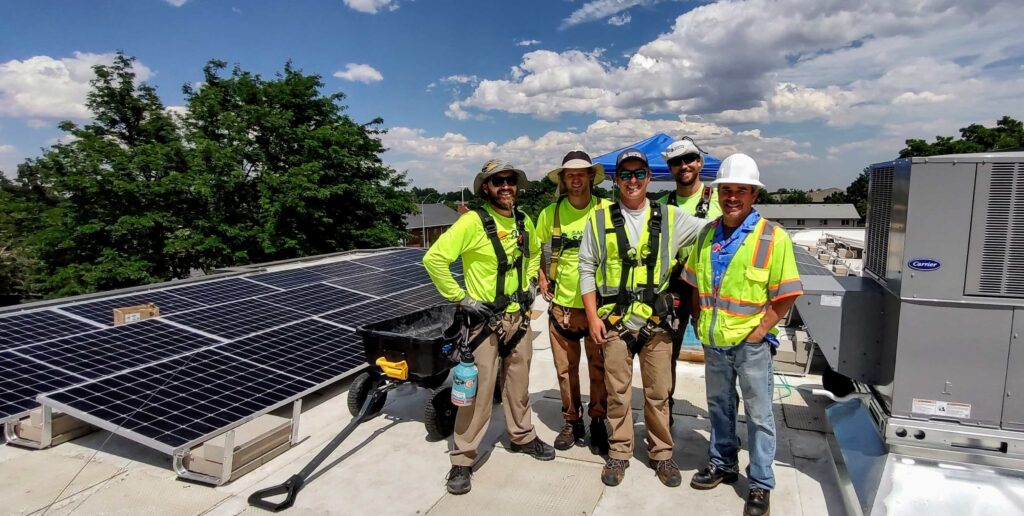
Carbon Neutral Group (CNG) ensures that affordable housing organizations deliver the most beautiful, energy-efficient, durable, and low-maintenance living spaces to more income-qualified residents year over year by streamlining timelines and reducing project costs.
CNG delivers value by collaborating with project owners, architects, MEP engineers, prime contractors, and their subcontractors throughout the design-build process to leverage our in-depth technical expertise alongside new incentives for beneficial electrification.
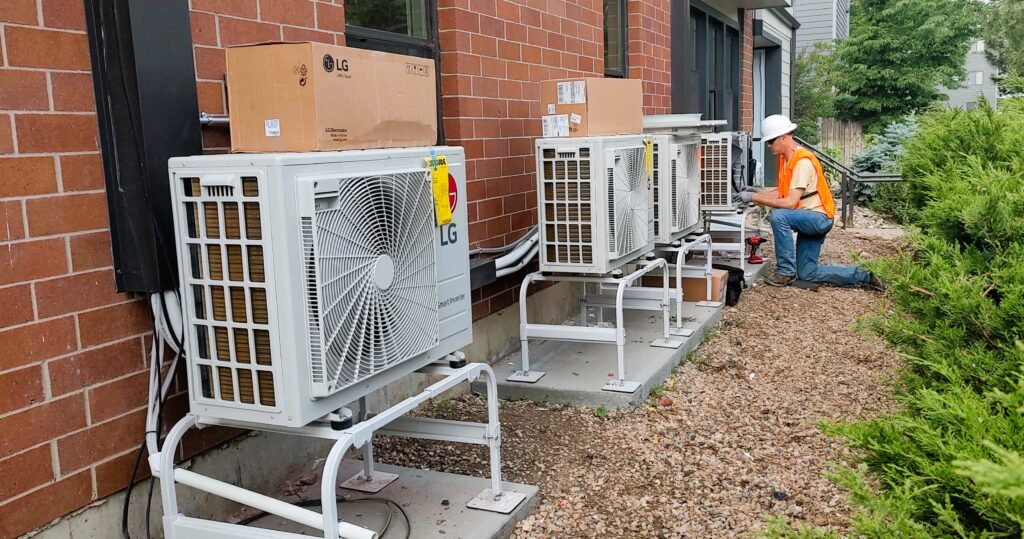
CNG ensures compliance with Qualified Allocation Plan (QAP) criteria, Green Building Certification, and municipal energy codes on your organization’s journey from compliance to excellence in low-carbon affordable housing.
Carbon Neutral Group is a third-party quality control firm that helps OAC teams deliver warranty-grade completed projects on time and within budget with fewer delays, change orders, and failed inspections.
CNG achieves improved outcomes and reduces costs throughout the entire project lifecycle by providing:
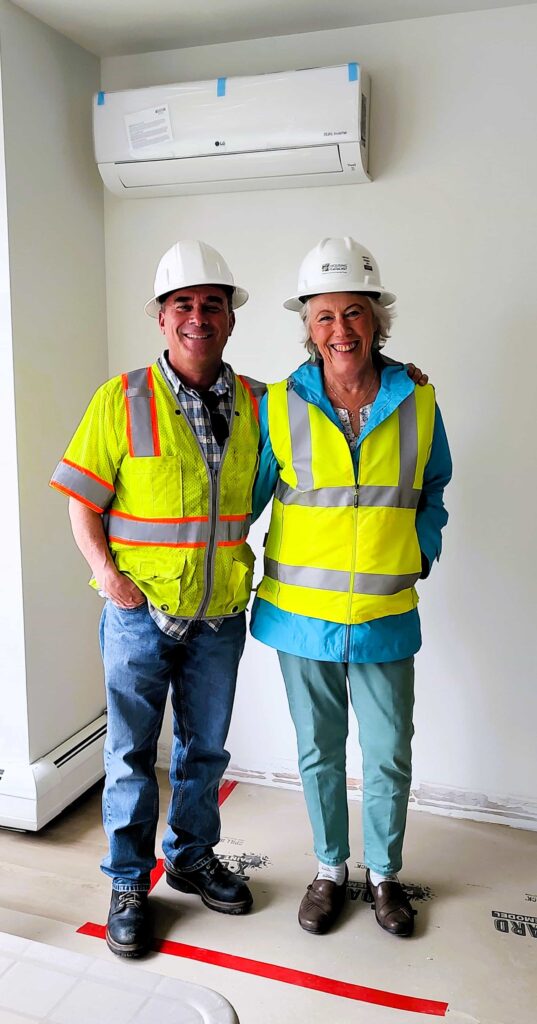
- Design-phase energy code study to reduce revisions and permit delays,
- Refined design specifications to meet new qualified allocation plan (QAP) requirements for beneficial electrification, specifically building envelopes, solar power, electric vehicle charging, domestic hot water, and heat pump-based heating and cooling systems,
- Mechanical design services, including building heating/cooling load calculations, ductwork design, HVAC equipment specifications, and technical review of MEP engineering plans,
- Contractor qualification vetting and proposal analysis, including competence, competitiveness, subcontractor supervision standards, and scope gap analysis to minimize costly change orders,
- Timely job-site quality control inspections to address installation/construction deficiencies as early as possible,
- Final building performance testing and documentation for energy-code compliance, including building envelope air-leakage and HVAC system commissioning.
Third-Party Review and Quality Control Inspections
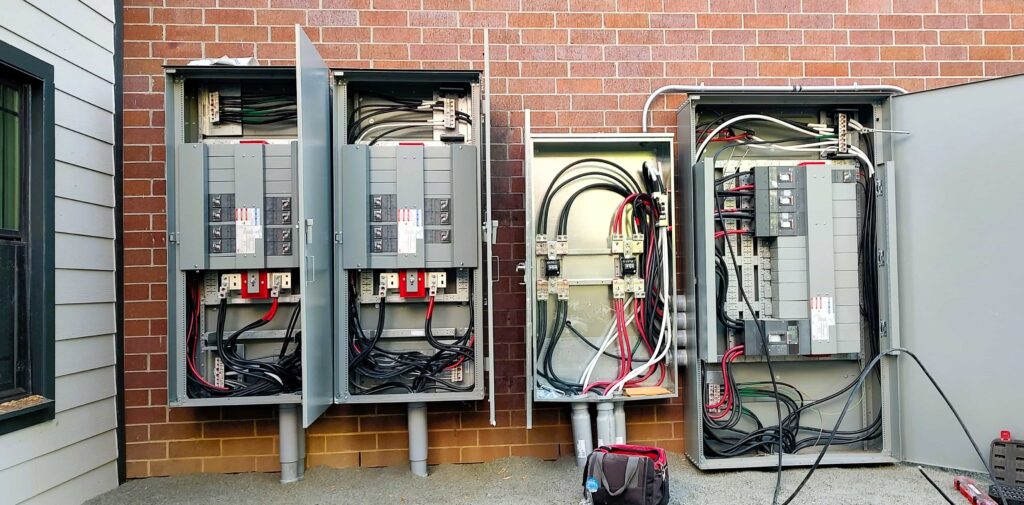
Buildings are becoming increasingly complex, and we want them designed and built on ever-shortening timelines. When we, as owners, seek to minimize change orders resulting from errors and omissions, we must recognize that the demands we place on architects, engineers, and contractors to lower their fees while fast-tracking their services increase the risk of errors.
The owner has the option to employ a specialty firm to review the documents prepared by the design team and inspect the work performed by the contractors. In the past decade, specialty firms have emerged, offering interdisciplinary plan review services to provide technical guidance for drawings and specifications for compliance, constructability, and quality assurance field inspections.
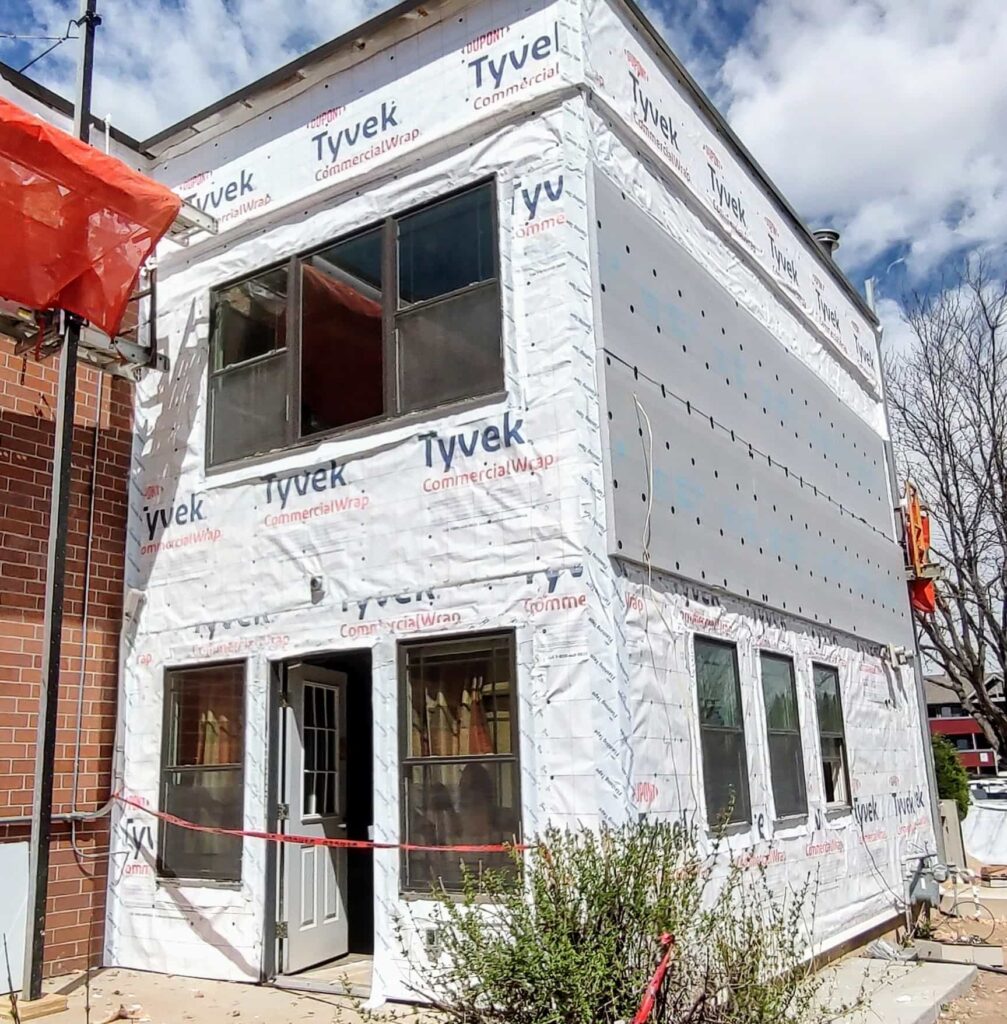
While some owners argue that this should be an essential service already provided by the designer, the architect and engineer are usually too close to their work and driven by other forces (juggling multiple projects, impending deadlines, and tight labor budgets) to step back and review it. These circumstances are especially true during the waning days of the construction document phase when the architect and sub-consultants are racing to complete their work and wrap it together in a bid package.
The cost of a plan review team like CNG can run from as little as $5,000 for smaller projects (up to $5M) up to $25,000 for multimillion-dollar projects (up to $50M). This investment will often pay for itself many times over in cost-avoidance savings. It is a “pay a little now” instead of a “pay a lot more later” proposition. Rather than create another project budget line item for these services, funding for these cost-avoidance services can come from the project contingency budget, based on the premise that it will reduce exposure to costly project delays and change orders.
